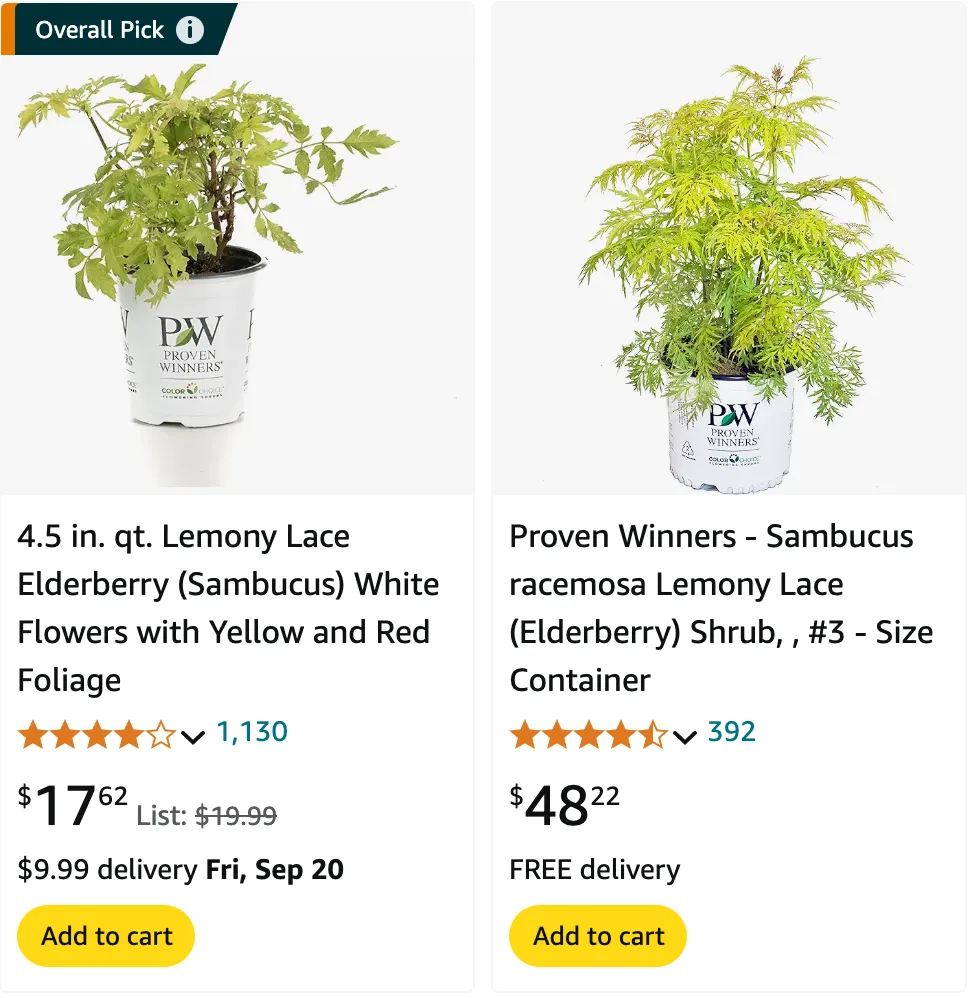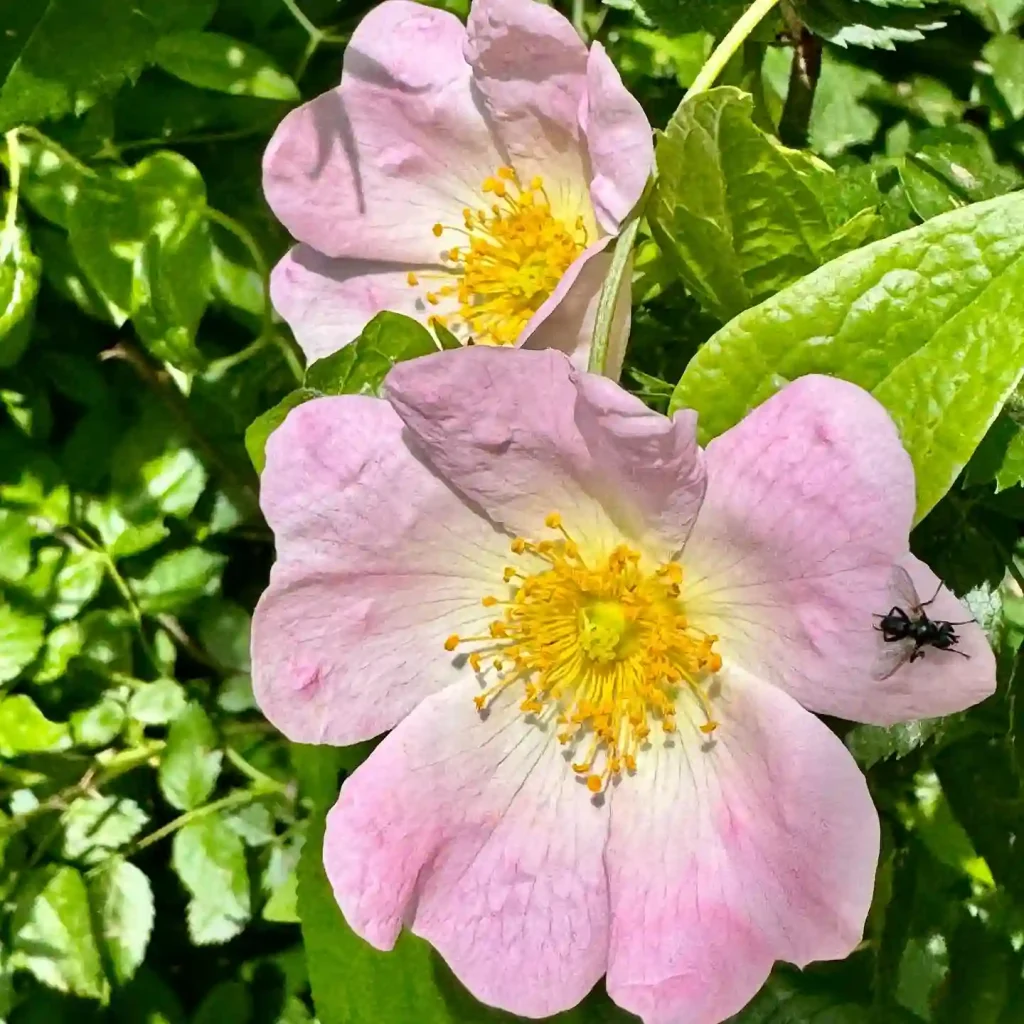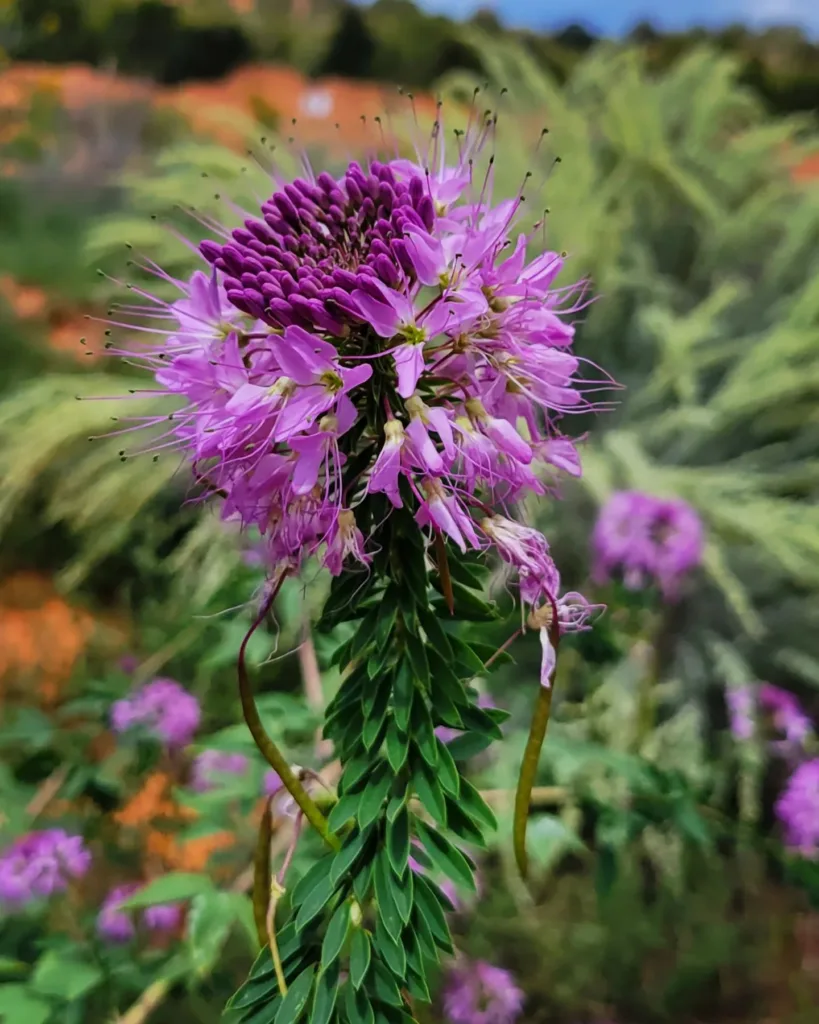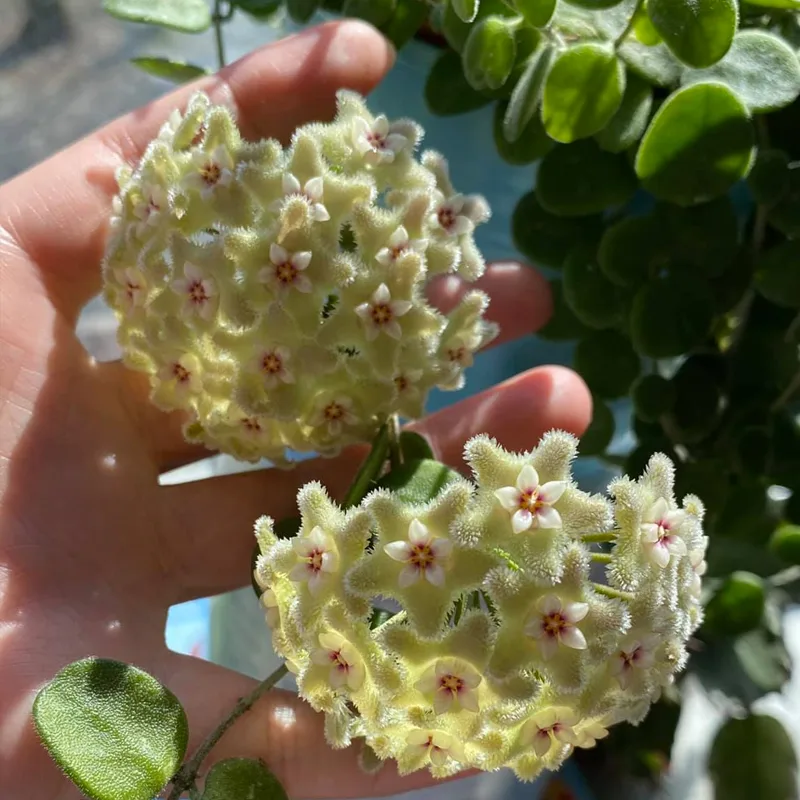
FAQs About Sambucus Lemony Lace
Sambucus Lemony Lace, also known as Lemony Lace Elderberry, is a striking plant that has caught my eye for its unique foliage and impressive adaptability. If you’re considering adding this beauty to your garden, you probably have some questions. I’ve compiled a list of frequently asked questions about Sambucus Lemony Lace based on my own experiences and research. Let’s dive in!
23 Species in Genus Sambucus
What is Sambucus Lemony Lace?
Sambucus Lemony Lace is a variety of elderberry that stands out for its delicate, lacy foliage with a lemon-yellow hue. This deciduous shrub can grow up to 6 feet tall and wide, offering a bright, eye-catching presence in any garden. Its fine, feathery leaves turn green in the summer but maintain their vibrant color throughout the growing season.
Is Sambucus Lemony Lace Evergreen?
No, Sambucus Lemony Lace is not evergreen. As a deciduous shrub, it will lose its leaves in the fall. However, the plant’s structure remains attractive even in winter, with its interesting bark and shape providing visual interest during the colder months.
Do All the Leaves Fall Off Sambucus Lemony Lace?
Yes, all the leaves typically fall off Sambucus Lemony Lace in the autumn. This is a normal part of its life cycle as it prepares for the winter months. If you notice that the leaves are falling off in the middle of the growing season, it could be a sign of stress or disease.
Does Sambucus Lemony Lace Need a Pollinator?
Sambucus Lemony Lace does not require a pollinator to produce berries. It can self-pollinate, but having multiple plants can improve fruit production and ensure better pollination. It’s always a good idea to have more than one plant if you want to maximize berry yield.
Will Laced Up and Lemony Lace Sambucus Cross-Pollinate?
Yes, Laced Up and Lemony Lace Sambucus can cross-pollinate. Both varieties are part of the Sambucus family and can interbreed to produce viable seeds. This cross-pollination can lead to a more diverse gene pool and potentially more robust plants.
Will Sambucus Lemony Lace Pollinate Instant Karma?
Sambucus Lemony Lace can potentially cross-pollinate with Instant Karma, another Sambucus variety. While both plants are compatible for cross-pollination, having multiple plants of the same species or related varieties will improve your chances of successful pollination and fruit production.
How to Prune Sambucus Lemony Lace?
Pruning Sambucus Lemony Lace is relatively straightforward. I recommend pruning in late winter or early spring before new growth begins. Remove any dead, damaged, or crossing branches to maintain the plant’s shape and promote healthy growth. You can also cut back the older stems to encourage new shoots, which will help keep the plant’s lacy appearance looking fresh and vibrant.
Is Sambucus Lemony Lace Deer Resistant?
Yes, Sambucus Lemony Lace is generally considered deer resistant. Deer typically avoid plants with strong fragrances or those that are less palatable. However, no plant is completely deer-proof, so if deer pressure is high in your area, they might nibble on even deer-resistant plants.
Where to Buy Lemony Lace Sambucus?
You can purchase Sambucus Lemony Lace from various sources. Local garden centers and nurseries often carry it, especially those specializing in ornamental shrubs. Online retailers and plant nurseries also offer this variety, making it easier to find and order. Always check for reputable sources to ensure you’re getting a healthy plant.
How to Care for Sambucus Lemony Lace?
Caring for Sambucus Lemony Lace involves a few key practices. It prefers well-drained soil and a sunny to partially shaded location. Regular watering is crucial, especially during dry spells, but be careful not to overwater. Fertilize in early spring to support new growth. Mulching around the base of the plant can help retain moisture and keep weeds at bay.
What to Plant With Sambucus Lemony Lace?
Sambucus Lemony Lace pairs well with a variety of plants. Consider combining it with other ornamental shrubs like Japanese maple or spirea for a layered look. Perennials like daylilies or hostas can complement its vibrant foliage, while grasses such as fountain grass or blue fescue can provide a contrasting texture.
Can You Grow Sambucus Lemony Lace Indoors?
Growing Sambucus Lemony Lace indoors is not recommended. It requires ample space and sunlight to thrive, which is difficult to provide in an indoor setting. This shrub is best suited for outdoor gardens where it can grow to its full potential.
Is Sambucus Lemony Lace Toxic?
Sambucus Lemony Lace is not considered highly toxic. However, parts of the plant, especially the berries and seeds, can be toxic if ingested in large quantities. It’s best to keep children and pets away from the plant to avoid any potential issues.
Common Problems with Sambucus Lemony Lace
Some common problems with Sambucus Lemony Lace include leaf spot diseases and aphid infestations. Regular inspection and appropriate treatments, such as fungicides or insecticidal soap, can help manage these issues. Ensuring good air circulation and avoiding overhead watering can also prevent many fungal diseases.
Compare Sambucus Lemony Lace with Other Varieties
When compared to other Sambucus varieties, such as Black Lace or Gold Elder, Lemony Lace stands out for its unique leaf color and delicate appearance. While Black Lace has darker foliage and a more dramatic look, Lemony Lace offers a lighter, airy aesthetic that can brighten up a garden space.
I hope this FAQ helps you get a better understanding of Sambucus Lemony Lace. It’s a charming plant that can add both beauty and interest to your garden with the right care and attention.
If i die, water my plants!



